On Air Now
Calm Classics with Myleene Klass 10pm - 1am
30 September 2021, 17:36 | Updated: 10 June 2022, 13:52
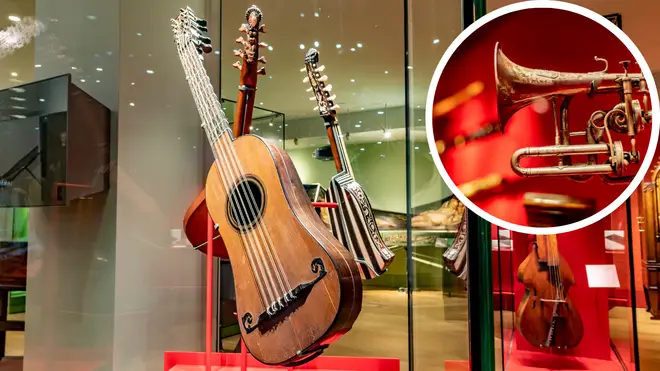
Musical instruments have been found in every corner of the world for thousands of years. And like other historic artefacts, many are now showcased and maintained in dedicated museums, as well as private collections.
Below is a list of just some of the musical instrument museums you can visit across the globe...
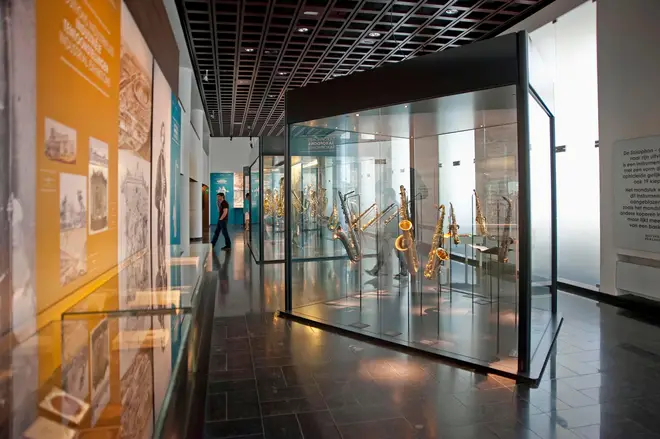
This Belgian museum is internationally renowned for its collection of over 8,000 instruments.
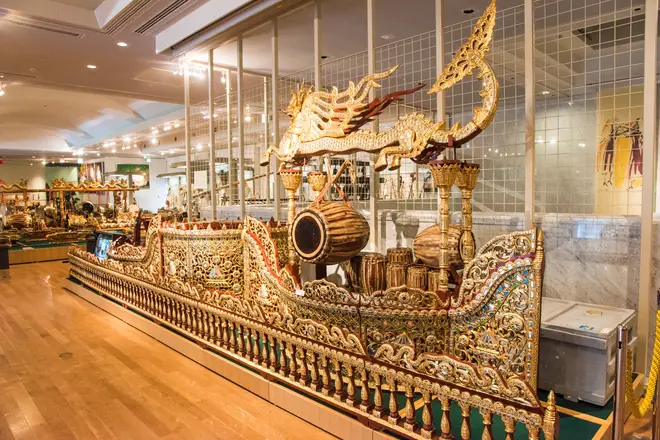
The Hamamatsu Museum of Instruments houses roughly 1,300 instruments from around the world. It’s the only museum of its type in Japan and was opened in 1995.
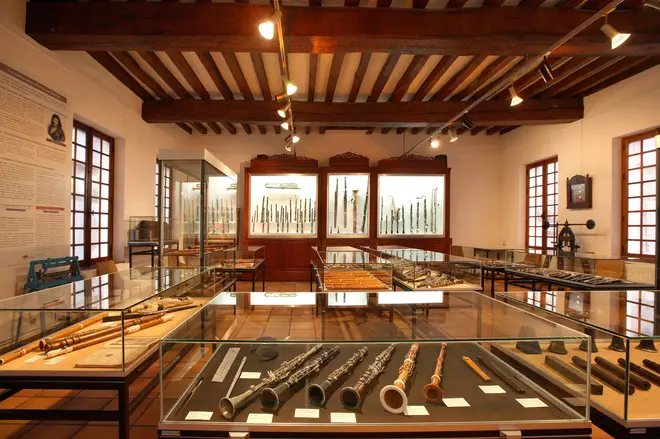
The village of La Couture-Boussey in France has been well-known for its woodwind instrument-making since the early 17th century. In 1888, local instrument makers founded this woodwind museum to display their art.
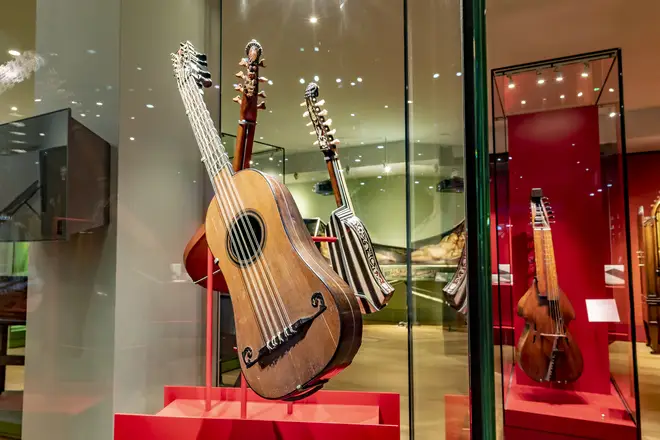
London’s Royal College of Music houses over 15,000 items including the earliest known guitar, the earliest stringed keyboard instrument and the most recognised portraits of Joseph Haydn and Farinelli.
View more: Discover some of the instruments of the RCM music museum on our Instagram
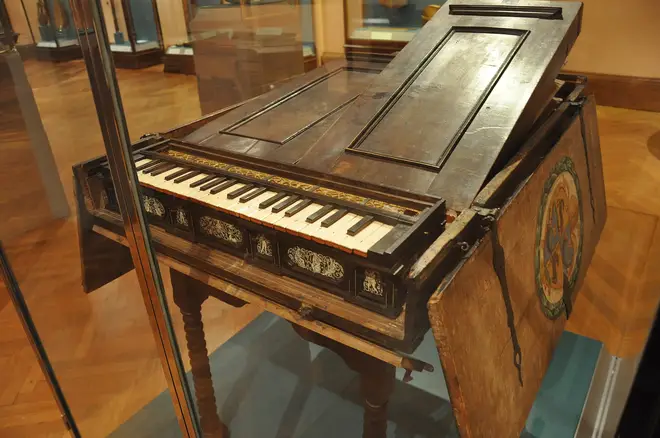
The Sammlung alter Musikinstrumente is a permanent exhibition at Vienna’s Kunsthistorisches Museum. The collection has a particularly diverse range of clavichords and Viennese fortepianos, as well as a violin which comes from the estate of Leopold Mozart.
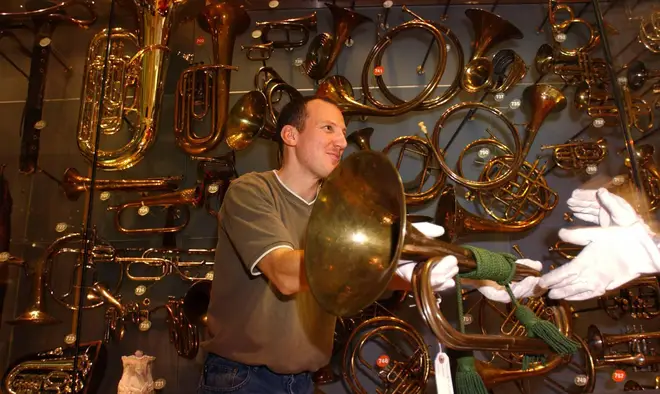
This South-East London museum boasts over 1,300 musical instruments in its basement music gallery. Interactive sound tables offer guests the opportunity to hear their favourite instruments.
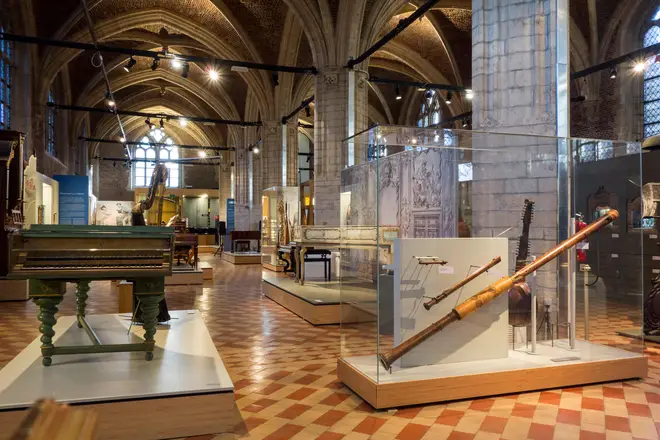
The Vleeshuis, which translates to the Butcher’s Hall, or quite literally, the Meat House, is a former guildhall turned museum. Musical instruments have been a prominent part of this collection since the beginning of the 1970s.
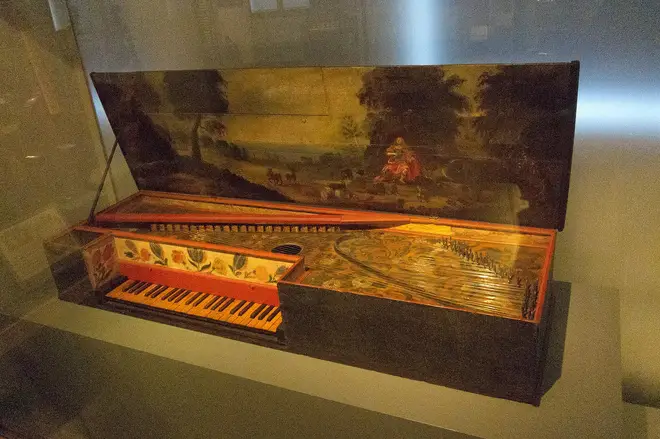
The Museum of Musical Instruments in the University of Leipzig is one of the largest musical instrument museums in Europe, housing around around 10,000 objects.
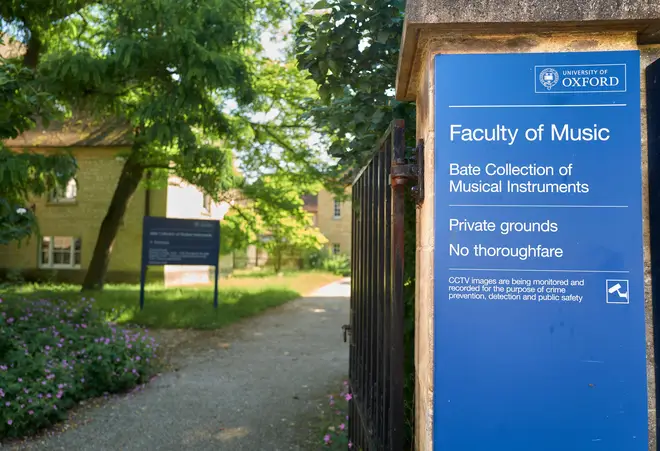
Housed in the faculty of music at the University of Oxford, the Bate Collection is the most comprehensive collection of European woodwind, brass and percussion instruments in Britain with over 2,000 objects under its roof. Instruments are kept in playing condition by a dedicated team and are often used for performances and recitals.
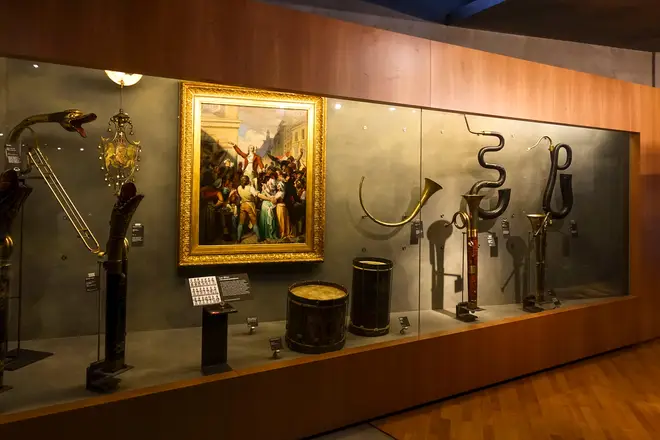
Within the Philharmonie de Paris, a complex of concert halls in the French capital, sits the Museum of Music. The collection has more than 8,000 instruments and art objects, plus a piano belonging to Chopin and a guitar belonging to Brassens.
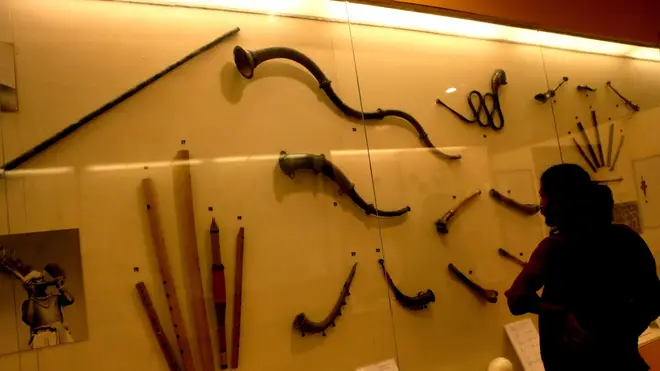
An exhibition of 450 musical instruments at the National Museum of New Delhi narrates the story of India’s musical history. The permanent exhibition includes instruments ranging from the 15th to the 19th century.
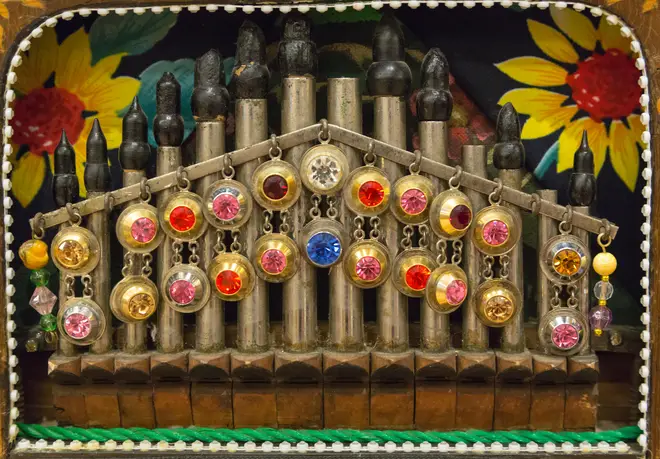
This American museum houses a global collection of over 8,000 musical instruments from nearly 200 countries and territories. Founded in 2010, the musical instrument museum’s multiple galleries reflect the rich diversity and history of the world’s cultures, but also shows what we all have in common. This is encapsulated in their motto, ‘music is the language of the soul’.
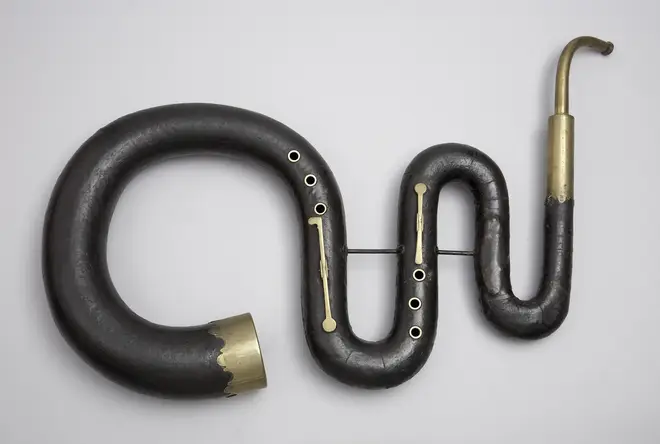
The Royal Northern College of Music in Manchester houses a Collection of Historic Musical Instruments. Items include violins by Antonio Stradivari and wind instruments from the 18th and early 19th centuries.